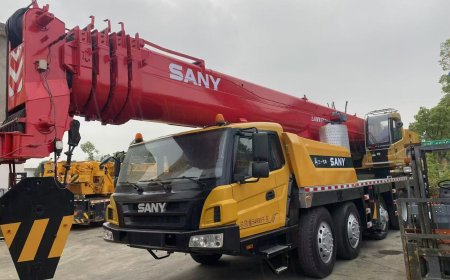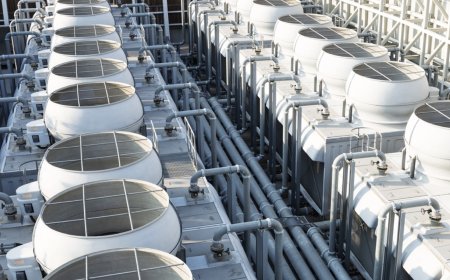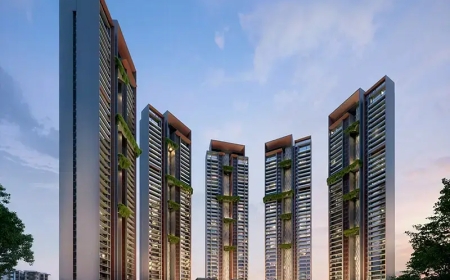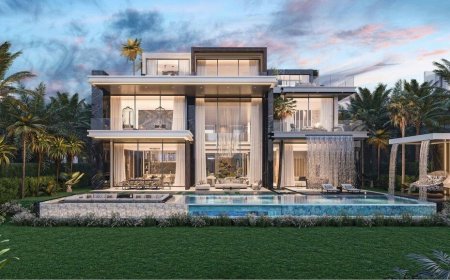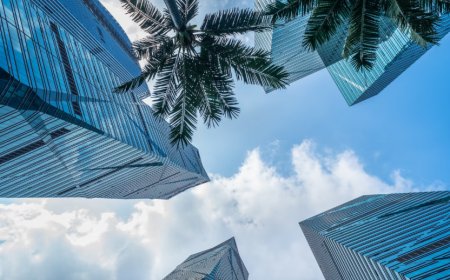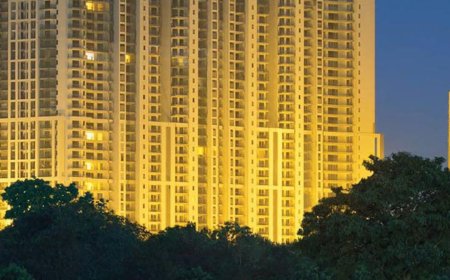The Future of Commercial Real Estate: Sustainable and Smart Features
Find your perfect workspace! Discover Brigade Senate 1, a Grade A commercial office space in Hebbal, Bengaluru for rent & lease located on the Outer Ring Road.

Transforming Modern Workspaces Through Innovation
The commercial real estate landscape is undergoing a revolutionary transformation as businesses increasingly prioritize sustainability, technology integration, and employee wellbeing. This shift represents more than just a trendit's a fundamental reimagining of how commercial spaces function and serve their occupants in the 21st century.
Green Building Standards Driving Market Evolution
Sustainable construction practices have become the cornerstone of modern commercial development. Advanced building materials, energy-efficient systems, and renewable energy integration are no longer optional features but essential components of competitive commercial properties. These developments incorporate sophisticated water management systems, waste reduction protocols, and carbon footprint minimization strategies that appeal to environmentally conscious businesses.
The integration of green rooftops, natural lighting optimization, and advanced HVAC systems creates healthier work environments while significantly reducing operational costs. Property developers are increasingly adopting LEED certification standards and similar environmental benchmarks to ensure their projects meet the highest sustainability criteria.
Smart Technology Integration Reshaping Office Dynamics
Intelligent building systems are revolutionizing how commercial spaces operate and respond to occupant needs. IoT sensors monitor air quality, lighting conditions, and temperature in real-time, automatically adjusting environments for optimal comfort and productivity. These smart systems collect valuable data that helps building managers optimize energy consumption and predict maintenance needs before issues arise.
Advanced security systems featuring biometric access controls, AI-powered surveillance, and integrated communication networks provide enhanced safety while streamlining daily operations. Smart parking solutions, automated lighting systems, and voice-activated building controls create seamless experiences for tenants and visitors alike.
The Rise of Flexible and Adaptive Spaces
Modern commercial developments are embracing modular design principles that allow spaces to evolve with changing business needs. Movable walls, convertible meeting rooms, and multi-purpose areas enable organizations to reconfigure their layouts quickly and cost-effectively. This flexibility has become particularly valuable as companies adapt to hybrid work models and changing collaboration requirements.
The concept of "Commercial Space in Hebbal" exemplifies this trend, where developments prioritize adaptability and future-proofing to accommodate diverse business requirements. These spaces incorporate advanced infrastructure that supports various industries while maintaining the flexibility to evolve with technological advances.
Health and Wellness as Core Design Principles
The pandemic has accelerated the focus on health-conscious design elements in commercial real estate. Enhanced ventilation systems, touchless fixtures, and antimicrobial surfaces are becoming standard features. Natural light optimization, indoor air quality monitoring, and biophilic design elements contribute to improved employee wellbeing and productivity.
Wellness amenities such as fitness centers, meditation spaces, and outdoor terraces are increasingly integrated into commercial developments. These features not only attract quality tenants but also help retain them by creating environments that support work-life balance and employee satisfaction.
Economic Benefits of Sustainable Smart Buildings
The financial advantages of sustainable and smart commercial properties extend beyond reduced operational costs. These buildings typically command higher rental rates, experience lower vacancy rates, and maintain stronger property values over time. Energy-efficient systems can reduce utility costs by 20-30%, while smart building management systems minimize maintenance expenses through predictive analytics.
Insurance companies often offer reduced premiums for buildings with advanced safety and environmental systems, further enhancing the economic appeal of these properties. The combination of lower operating costs and higher rental income creates compelling investment opportunities for property owners.
Future Outlook and Market Implications
The commercial real estate sector is poised for continued evolution as sustainability and smart technology become increasingly sophisticated. Emerging technologies such as AI-driven space optimization, renewable energy storage systems, and advanced materials will further enhance building performance and occupant experience.
As businesses prioritize environmental responsibility and employee wellbeing, commercial properties that embrace these innovations will gain significant competitive advantages in attracting and retaining quality tenants in an increasingly dynamic market landscape.









